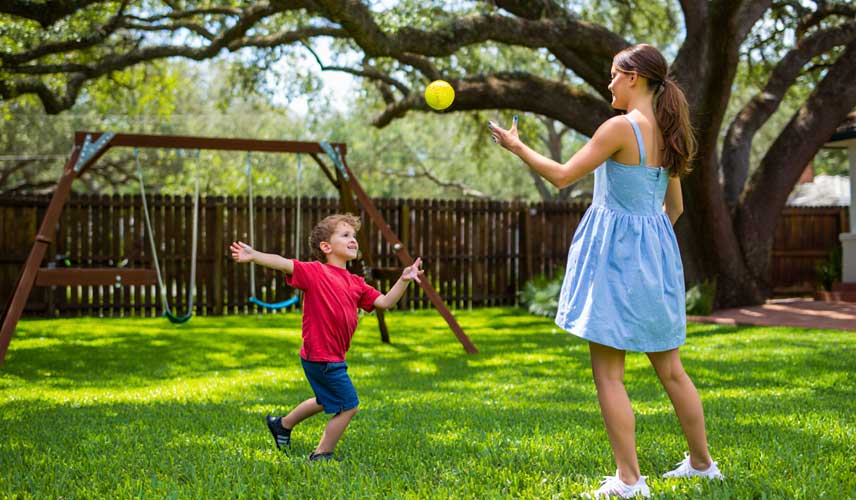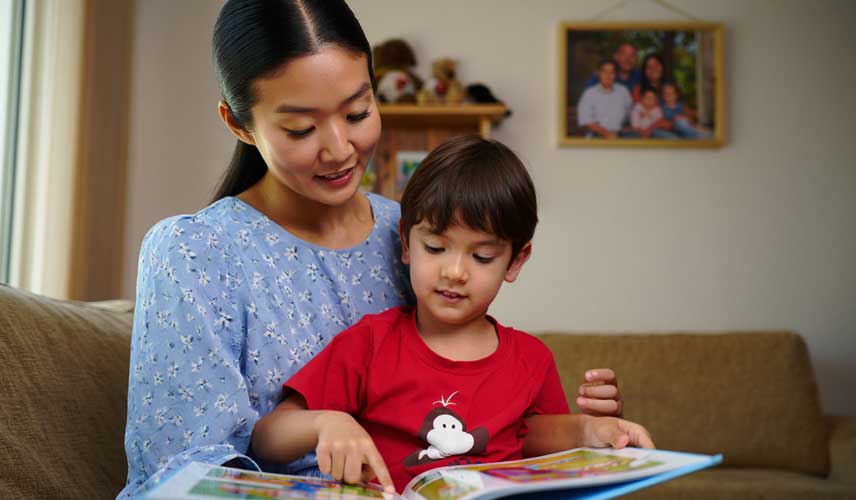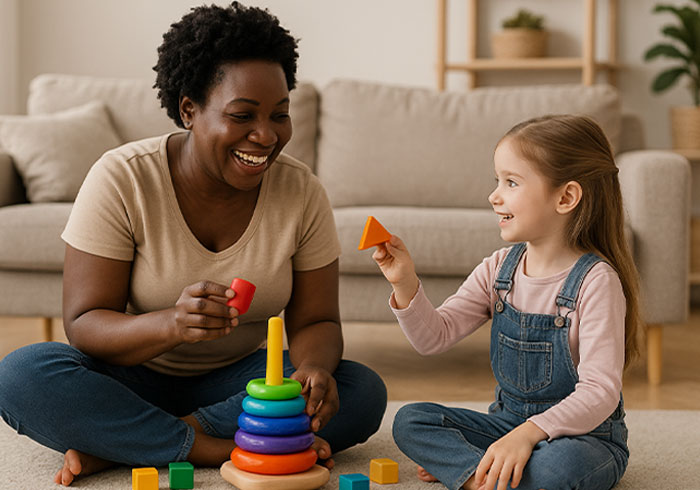
What is a Play Sister and What Does She Do for Your Child?

As parents, you must know something about the benefits of playing for children. Playing indoors and outdoors has significant effects on children's physical development, as well as their psychological, intellectual, and social development. A play sister is a young woman, often a university student or graduate, who greets your child when they return from school, helps with their homework, teaches a foreign language, takes them to the cinema, theater, or park. A play brother is a man who does the same tasks, but since more female staff are sought for this job, you will often hear terms like university-educated play sisters in the market.
When you decide to look for someone to take care of your child, you should make a list of the qualifications you desire. A play sister can teach your child a foreign language, music, or chess, help them develop in a specific sport, or provide private lessons, depending on her basic skills, interests, training, and qualifications. She becomes a qualified and beneficial friend for your child during the agreed hours. She can assist them with issues like anger control, focusing attention, and socializing. You should think about what your child needs, what skills you want them to have, or in which areas you want them to experience positive changes or progress, and determine the characteristics of the candidates you will interview accordingly.
Play is indeed a very important need for children. Depending on its type, it develops the child's intelligence, increases problem-solving ability, aids physical development, reinforces their skills, and enables them to strategize. A good play sister is expected to observe the deficiencies, interests, and talents of your preschool child and create a suitable work program accordingly, while also considering your observations and expectations. Educated play sisters plan age-appropriate games and activities for school-aged children and also help improve their academic success. When you go out in the evening to attend an event, they accompany your child, and when you go on vacation, they come along and continue their work in a holiday environment. Of course, you cannot expect all of this from every play sister; you need to clearly state your expectations during the interview. If you want your child to learn a foreign language, you should look for someone who speaks the desired language, and if you want the play sister to be with them during holidays, you should find someone who will accept that. If your child has issues like attention deficit, introversion, or anger, you should prefer someone who has been trained in child psychology and can help solve these problems.
You can also make a different agreement with the candidates you interview, but fundamentally, a play sister is not a babysitter; she is often someone who works to earn pocket money, meet school needs, gain experience, and teach your child something, helping them develop in a specific area where they are talented.
You can reach qualified play sisters by applying to prestigious human resources firms. Experienced companies that have been providing services for many years have rich portfolios, and it usually doesn't take long for them to find someone who meets your needs. Be sure to specify which foreign language you want your child to learn, their interests, talents, and any problems they may have, and if they are a student, in which areas they need more help, how regularly you want a schedule, and any other services you may request (sometimes being with the child at night, accompanying you on vacations, etc.). If you make a detailed list, your candidates will be determined accordingly, and you won't waste time interviewing people who do not possess the desired characteristics.
Nanny and Caregiver Selection Other Content in the Category

Nanny and Caregiver Selection
Preferred Filipino Caregiver at Work

Nanny and Caregiver Selection
Characteristics of Filipino Caregivers

Nanny and Caregiver Selection
Common Mistakes Families Make When Choosing a Babysitter

Nanny and Caregiver Selection
Tips for Those Looking for Daytime Caregivers

Nanny and Caregiver Selection
We are a Private Employment Agency

Nanny and Caregiver Selection
2026 Bakıcı Maaşları

Nanny and Caregiver Selection
Why Are Filipino Caregivers So Popular?

Nanny and Caregiver Selection
Caregiver Salaries 2025

Nanny and Caregiver Selection
Caregiver Selection During the Pandemic Process

Nanny and Caregiver Selection
Corona Caregiver

Nanny and Caregiver Selection
How to Prepare a Babysitter Job Advertisement?

Nanny and Caregiver Selection
5 Tips for Vacationing with a Caregiver

Nanny and Caregiver Selection
Tips for Summer Vacation for Families with Children

Nanny and Caregiver Selection
Why Choose a Foreign Nanny

Nanny and Caregiver Selection
